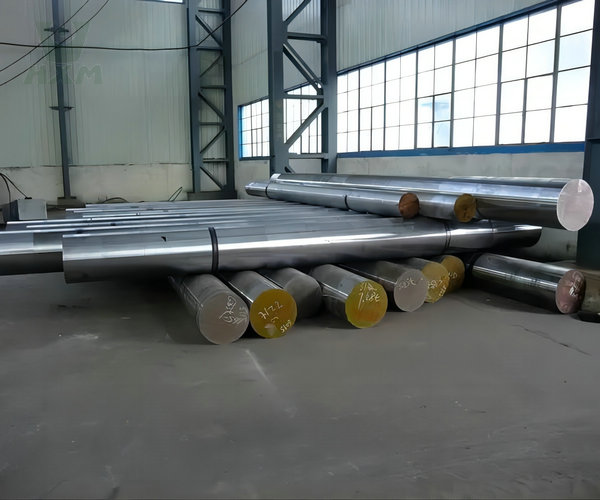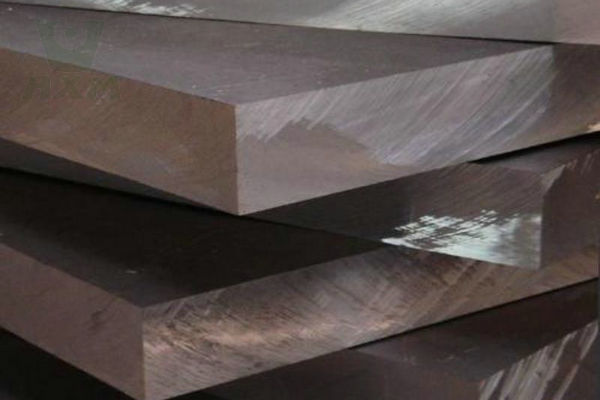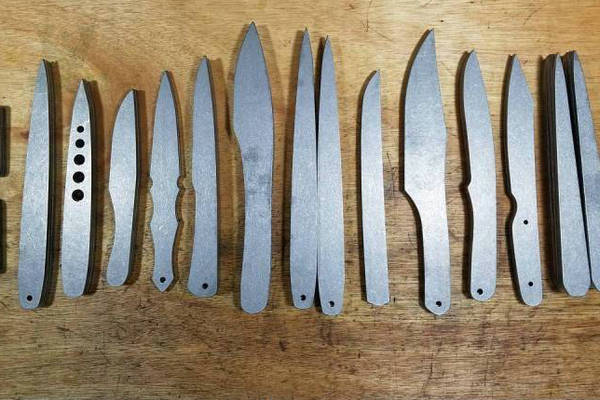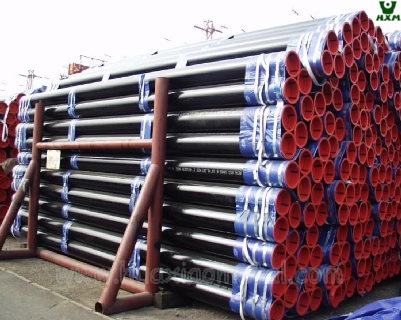This question can be roughly divided into three situations to answer:
First, the hardness HRC of mold steel LG with good toughness is between 50-58. The hardness of LG mold steel is HRC56-58, and its toughness is 8-9 times that of DC53.
The ability of steel to resist fracture under impact is called toughness. Simple understanding: easy to break, poor toughness; not easy to break, good toughness. Hardness: The ability of a material to partially resist hard objects pressing into its surface is called hardness.
Generally speaking, steel has Brinell hardness, Vickers hardness, and Rockwell hardness. Vickers hardness HV51 and Brinell hardness HB51 are both very low hardness, lower than the normal hardness lower limit and naturally do not belong to the category of steel. So this 5153 is most likely Rockwell hardness. Rockwell hardness is divided into HRA, HRB, and HRC.
Japan’s “Wushen Special Steel” stainless steel is of excellent quality, with a carbon content of about 1%, molybdenum 2%, and cobalt 5%. After heat treatment, the hardness can reach HRc60-62. VG-10 has excellent processability, strong toughness, and corrosion resistance, and is widely used in high-quality daily knives.
The middle steel core of sandwich steel (composite steel) uses high-strength (high-carbon and high-chromium) materials as the base material, and the two sides use low-carbon materials with good toughness, which are composited at high temperatures. 80Cr17MoV-90Cr18MoV is also a common high-end three-layer steel (sandwich steel) core material.
Rail steel is as good as manganese steel in making knives. Train track steel uses high manganese steel, which belongs to manganese steel. Manganese steel is a high-strength steel with high toughness, high hardness, wear resistance, and earthquake resistance. It is mainly used in harsh working conditions such as impact, extrusion, and material wear.
The outstanding qualities of 154CM steel are its blade durability and toughness, blade retention, corrosion resistance, and easy wear.
High-Speed Steel (HSS):
Hardness: High-Speed Steel usually has a high hardness (usually between HRC 60-67) due to its high content of carbide elements (such as tungsten, molybdenum, vanadium, chromium, etc.).
Toughness: Although it has high hardness, high-speed steel usually has good toughness after reasonable heat treatment, and is suitable for high-speed cutting tools such as drills, milling cutters, etc.
Tool Steel:
Hardness: Tool steel has a high hardness (usually between HRC 55-65) and can maintain a stable hardness under high load and high-temperature conditions.
Toughness: Tool steel is designed with use requirements in mind. After proper heat treatment, it can achieve good toughness and wear resistance and is suitable for molds, cutting tools, etc.

Cold Work Steel:
Hardness: Cold work steel obtains a higher hardness (usually between HRC 55-65) through cold working (such as quenching, tempering, etc.)
Toughness: Cold-working steel has high toughness and wear resistance, and is suitable for manufacturing tools and molds that require high hardness and wear resistance.
Martensitic Stainless Steel:
Hardness: Martensitic stainless steel can obtain high hardness (usually HRC 50 and above) through quenching and tempering.
Toughness: By controlling the tempering temperature and time, the balance between its hardness and toughness can be adjusted, and it is often used to manufacture knives and industrial parts.







